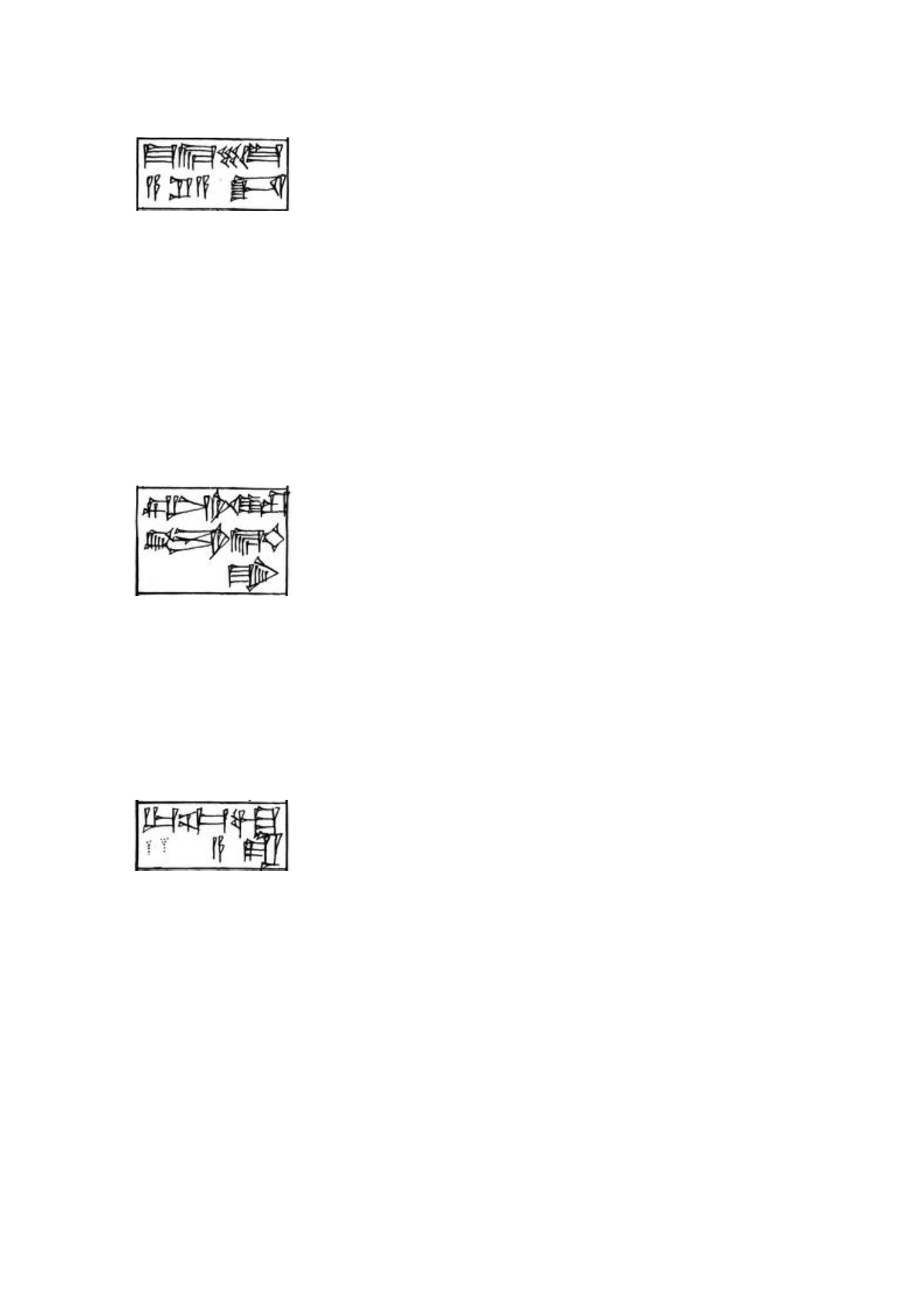

404
Gudea di Lagash – La costruzione del tempio di Ninjirsu - Cilindro B
B X.10 – 1042
kisal e
2
.ninnu hul
2
.a
si.a.da[kisal e
2
.ninnu].ak hul
2
.a si.eda
il cortile dell’Eninnu con gioia per riempire;
“dass der Hof des Eninnu mit Freude gefüllt sei” (GSG2.79)
kisal : “cortile”; vedi A IV.5, XXIII.8, XXVIII.18; B VI.20
hul
2
.a : col marker del locativo; cfr. A VII.30
si.eda : infinito, “dass gefüllt sei” (GSG1.141); si “gefüllt werden” (GSG2.62); “remplir, être rempli”
(PLS.124); “to fill up; to fill with (with -da-); to survey a field; to inundate; to be full; to be sufficient,
enough; to increase; to compensate, repay, replace; to grow weak” (SL); “ ‘si’ ‘füllen’ verbindet sich mit
dem Akkusativ dessen, womit man etwas füllt, und dem Lokativ-Terminativ dessen, in das man etwas
füllt” (GSG2.79n2): il parallelo di B XV.19 ha [kisal e
2
.ninnu].ak.e hul
2
.a si.eda, con locativo-
terminativo (GSG2.124; cfr. anche B XIV.25)
B X.11 – 1043
al.jar
mi.ri 2.tum nij
2
e
2
.dug
3
.ga
al.jar
mi.ri 2.tum [nij
2
e
2
.dug
3
.a].ak
gli strumenti aljar e miritum, strumenti dell’Eduga,
(jiš)
al.jar : “musical instrument ('hoe' + 'form, appearance')” (SL); “instrument de musique” (PLS.22); “a
musical instrument” (PSD2.13); accadico
alû
(jiš)
mi.ri 2.tum [MI.URU.TUM]: “a musical instrument (loanword)” (SL; PSD2.169)
[nij
2
e
2
.dug
3
.a].ak : “cose dell’Eduga”, “die zum Edu gehören”, col marker del genitivo (GSG1.91). Per
Eduga, vedi B IX.3
B X.12 – 1044
ur.saj ještug.tug
2
.
a.ra[ur.saj ještug
tug2
.a].ra
all’eroe che ascolta,
ještug
tug2
.a : participio (GSG1.136) del verbo ještug “to hear; to understand” (SL); altrove con significato
nominale “orecchio, intelligenza”; “hearing; understanding, intelligence” (SL); per questa grafia e le
varianti ještug
2
e ještug
3
, vedi MSA 288,290; A I.12, XVII.15
[…].ra : col marker del dativo: “dem Helden, der hört” (GSG1.105; GSG2.95-96)
















